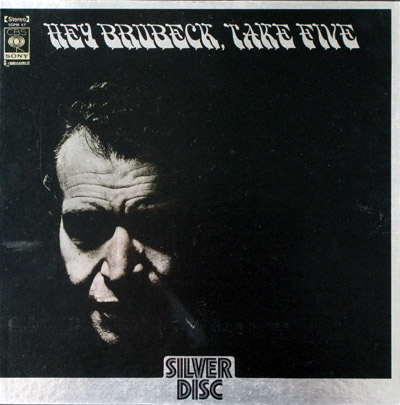

Speaker B: Even after the likes of Elvis Presley, Little Richard and Chuck Berry started scoring hits in 1955 and 56 Billboard’s pop charts were still topped by orchestral easy listeners like Nelson Riddle’s shimmery take on the Portuguese standard Lisbon, Antigua or Les Baxter’s The Poor People of Paris, a twee arrangement of a French song originally called The Ballad of Poor Jean. Speaker B: Instrumental music was at first a respite from rock and roll. Speaker B: By the way, Andrew Lloyd Weber would later borrow this Latin style melody for a track in his 70s musical Evita. Speaker B: For example, Cuban band leader and Mambo King Perez Prado also hit number One in 1955 with his arrangement of Cherry Pink and Apple Blossom White. Speaker B: The song didn’t have to be American, but the melody had to feel instantly familiar. Speaker B: Leaves Are true this was the deal with early instrumental hits. Speaker C: Most of all my darling when Autumn. Speaker B: Traditional pop singer Joe Stafford had first recorded the English version of the Jazzy Standard in 1950, but I miss you. Speaker B: What was most notable about the first instrumental number one of the rock era it topped the chart in October 1955 was that it was a new arrangement of a song written with vocals both in French and English. Speaker B: Williams’cascading keyboard runs were meant to sound like falling foliage. Speaker B: Didn’t sound anything like rock and roll. Speaker B: One song on Billboard’s bestsellers chart was this Autumn Leaves by pianist Roger Williams. Speaker A: With Rock Around the Clock, the number. Speaker B: Which explains how, just weeks into the so called rock era, less than three months after Bill Haley topped the charts.

Speaker A: In rock and roll’s early days, the term pop music, as most listeners understood it, usually involved a big band or an orchestra. Speaker B: It’s important to keep in mind that. Speaker A: Now that we’ve got that out of the way, let’s travel back to the mid 1950s and the start of the rock era. Speaker A: Even moaning, as on Chicaco’s Top 10 19 72 hit Jungle Fever doesn’t disqualify a song from instrumental status. Speaker A: But for the purposes of this podcast episode, I am regarding Joel Whitburn’s roster of Billboard chart books as my bible for what songs qualify as instrumental. Speaker A: It when I hear it that is fairly subjective. Speaker B: There is an element of I know. Speaker A: Honestly, this is not an exact science. Speaker B: It’S got enough vocalizing not to make the instrumental category. Speaker A: The vocal, however terse, drives the song white Horse is quirky and sparse, but. Speaker B: From 1984 White Horse, that would not be considered an instrumental. Speaker A: Laid back’s Top 30 Electro Dance Jam. Speaker B: That does have a refrain like, say. Speaker A: Whereas a song of very few words.
BRUBECK TAKE FIVE ALBUM FULL
Speaker B: Full verse and chorus is generally categorized as an instrumental. Speaker A: In those cases, any song without a. Speaker B: So even if a song briefly invites you to drink tequila or instructs you to do the hustle or do the Harlem Shake or even leads a stadium in a massive chant of hey. Speaker A: Chart historian Joel Whitburn are concerned, Gonna Fly Now is categorized as an instrumental. Speaker B: As far as Billboard and the late. Speaker A: You’re probably going to sing the main melody, not the lyrics. Speaker B: Go ahead, try to sing the rocky theme from memory.


 0 kommentar(er)
0 kommentar(er)
